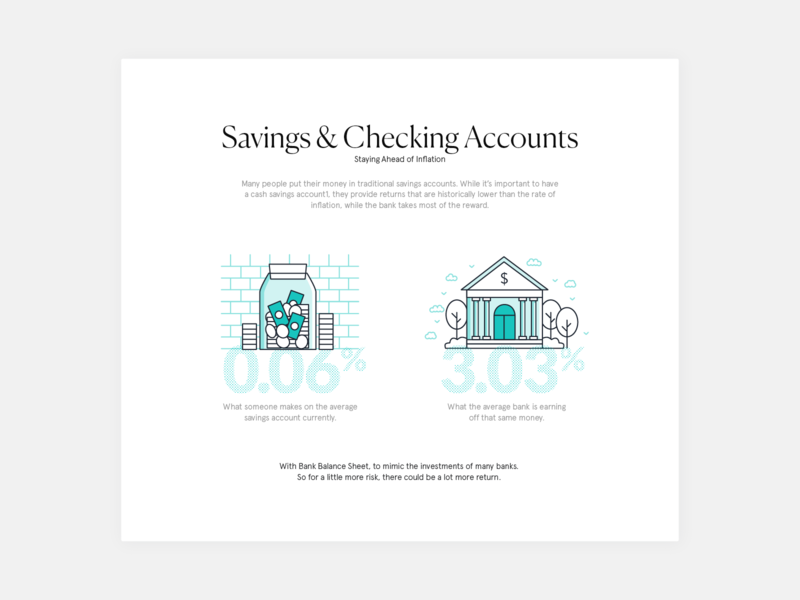Comprehending The Basics: What Is A Repayment Bond And Exactly How Does It Work?
Comprehending The Basics: What Is A Repayment Bond And Exactly How Does It Work?
Blog Article
Created By-
When general contractor bonds comes to building and construction projects, comprehending the ins and outs of settlement bonds is crucial. Have you ever asked yourself exactly how these monetary safeguards enter play, ensuring that subcontractors and providers receive their due? The mechanisms behind repayment bonds are complex yet vital for the smooth performance of the building market. Allow's unwind the intricacies together to clarify this essential aspect of job funding.
Function of Repayment Bonds
If you wish to comprehend the importance of settlement bonds, you should first comprehend their primary purpose in building jobs. Repayment bonds act as an important security system for subcontractors and suppliers. In the world of building, these celebrations often deal with payment problems due to various factors, such as service provider bankruptcy or monetary instability. Payment bonds work as a warranty that subcontractors and distributors will receive repayment for their work and products, even if the service provider defaults.
By needing settlement bonds on tasks, task proprietors ensure that all events involved in the construction process are economically protected. This requirement supplies peace of mind to subcontractors and distributors, urging them to join projects without the anxiety of non-payment. Furthermore, settlement bonds help maintain a smooth circulation of work on the building site by minimizing disruptions triggered by payment disagreements.
Recognizing the purpose of payment bonds is essential for all stakeholders in building and construction jobs. It makes sure reasonable payment for subcontractors and suppliers, advertises task security, and boosts overall job efficiency.
How Settlement Bonds Are Obtained
To obtain repayment bonds for construction projects, specialists typically approach surety companies that concentrate on providing these economic assurances. Guaranty business assess the professional's monetary stability, credit reliability, and job background before releasing a payment bond. The contractor should finish an application procedure that includes sending financial files and project details for assessment.
As soon as the surety firm accepts the application, the contractor pays a premium for the bond based upon the project's total value and the professional's threat account. The payment bond functions as an economic assurance that subcontractors and providers will certainly be spent for their job and materials. It also gives confidence to job proprietors that the service provider has the sponsorship to complete the task effectively.
Auto Mechanics of Settlement Bonds
Recognizing the auto mechanics of settlement bonds is crucial for browsing the complexities of building and construction project financing. Payment bonds are a three-party contract among the job owner, the service provider, and the guaranty firm. Once a professional is granted a job, they normally acquire a settlement bond to guarantee that subcontractors, laborers, and distributors are paid for their work and products. In case the contractor fails to meet payment responsibilities, the payment bond remains in location to give a resource of funds for these celebrations.
When a subcontractor or distributor goes unpaid, they can make an insurance claim against the settlement bond. The process entails submitting a created notice to the guaranty company describing the amount owed and providing any necessary documentation. The guaranty then investigates the insurance claim to identify its credibility. If the claim is accepted, the guaranty will pay to the plaintiff, approximately the bond amount.
Comprehending these auto mechanics is important for all events associated with a construction job to guarantee correct settlement practices and economic defense.
Final thought
Since you comprehend the basics of payment bonds, think of them as a safeguard for building jobs.
Like a strong umbrella on a rainy day, settlement bonds safeguard subcontractors and vendors from economic downpours caused by service provider defaults.
So following https://www.levelset.com/news/requests-do-not-extend-federal-bond-claim-deadlines/ associated with a building task, keep in mind that a payment bond is there to keep everyone dry and make certain smooth sailing in the repayment process.
